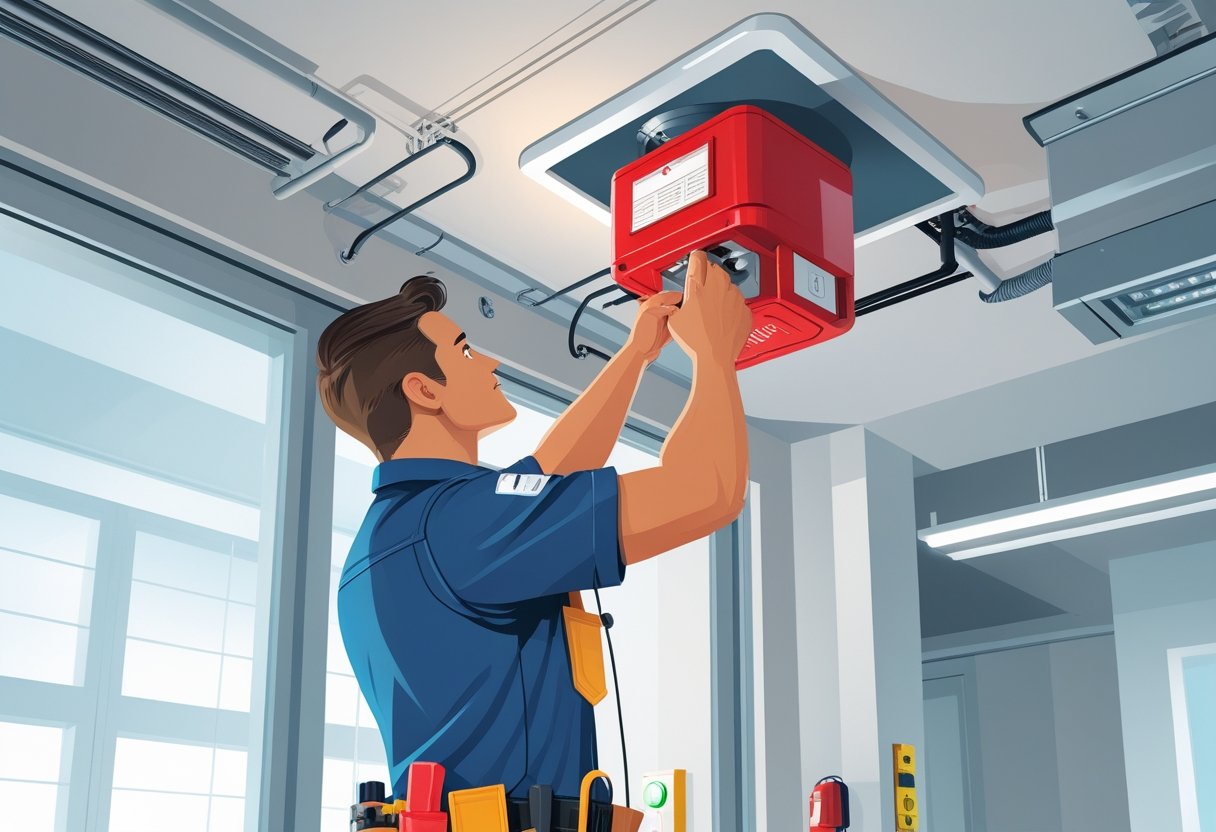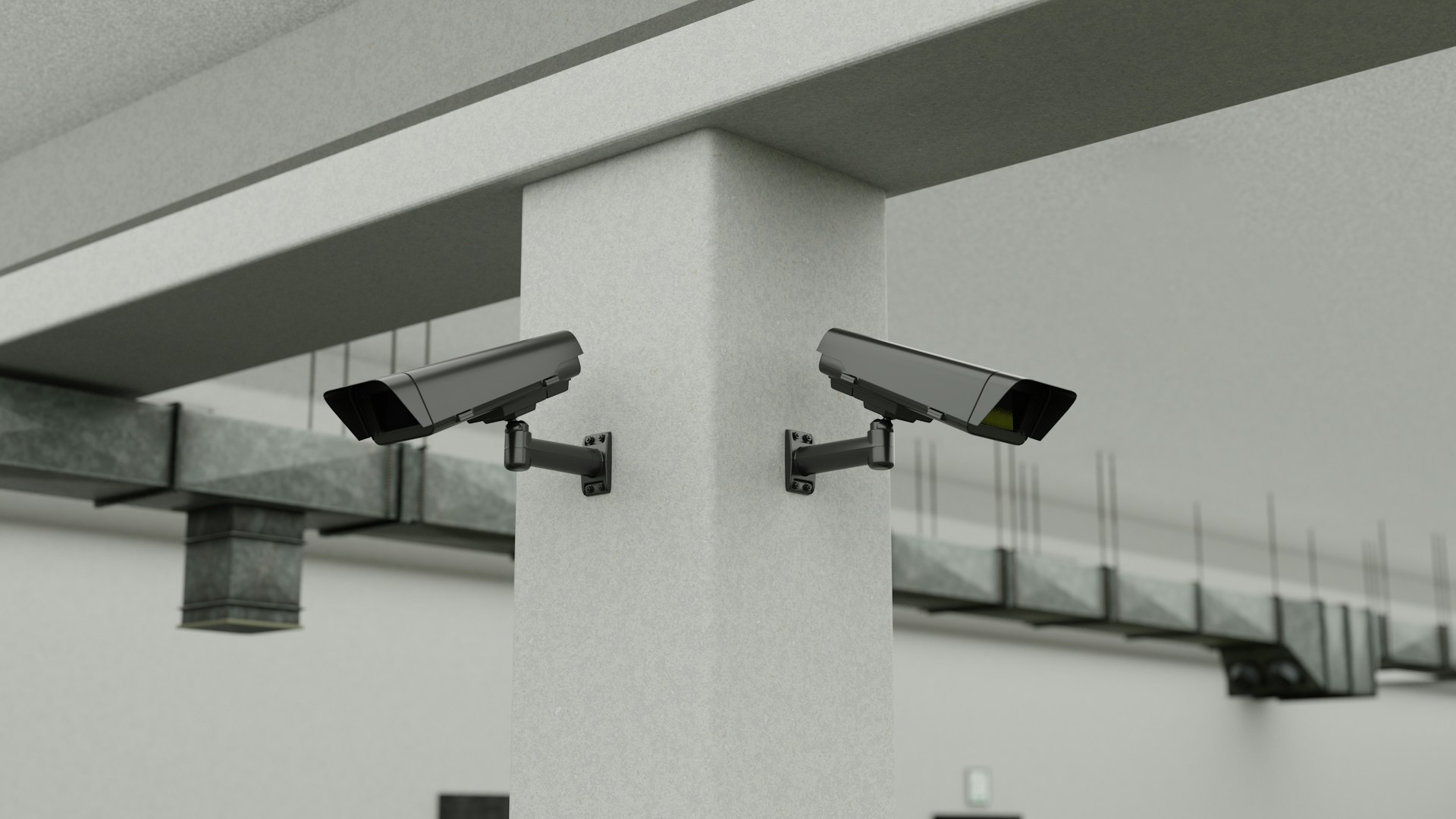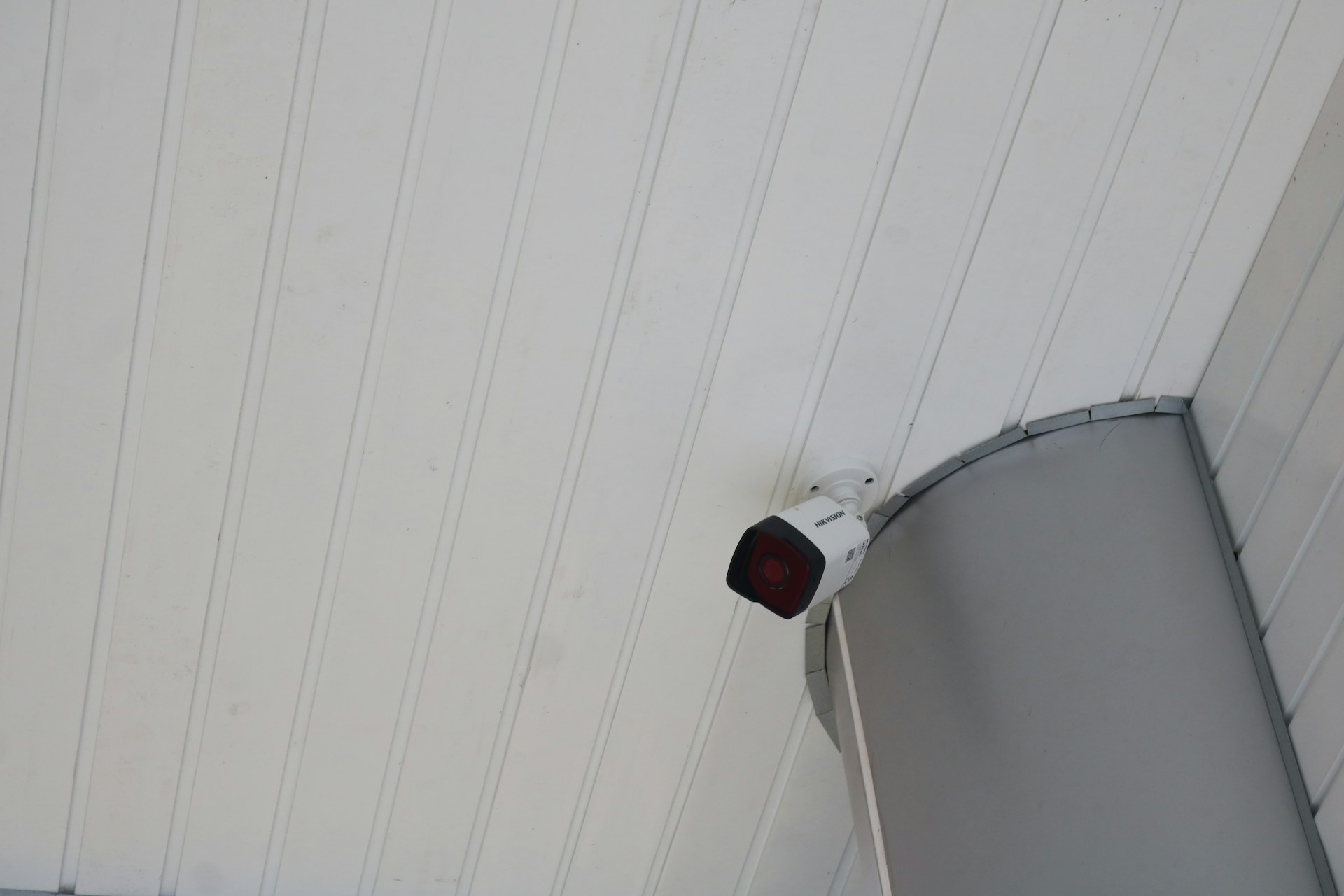When it comes to ensuring the safety of your property, having a reliable fire alarm system is essential. Local fire alarm repair services in the greater Houston area provide you with the expertise needed to keep your system functioning optimally. Prompt repairs can prevent potential disasters, ensuring that your fire alarm is always ready to alert you in case of an emergency.
Understanding the importance of regular maintenance and timely repairs can save you from costly damage and enhance your peace of mind. Whether you need inspection, testing, or immediate repair services, qualified technicians in your community are equipped to handle all aspects of fire alarm systems. With a focus on swift service, these professionals prioritize your safety and work diligently to meet local codes and standards.
Choosing local fire alarm repair services allows you to benefit from personalized attention and quick response times. By engaging with a trustworthy provider in the greater Houston area, you can rest assured that your fire safety measures are in capable hands, giving you the confidence to protect what matters most.
What Are Local Fire Alarm Repair Services?
Local fire alarm repair services are essential for maintaining the safety and functionality of fire alarm systems in your area. These services ensure that your fire detection systems operate effectively to protect lives and property. Understanding the types of systems serviced and the importance of professional repair can help you make informed decisions.
Overview of Fire Alarm Repair
Fire alarm repair services focus on diagnosing and fixing issues within your fire alarm systems. Technicians assess the functionality of detectors, panels, and other components. Regular inspections and prompt repairs are crucial for ensuring that alarms are fully operational.
These services often include:
- Testing: Conducting thorough tests to identify malfunctions.
- Repairs: Fixing broken or faulty components.
- Replacement: Replacing outdated or damaged parts.
Local companies specialize in quick response times, allowing you to resolve potential hazards promptly. Their expertise ensures compliance with safety regulations and minimizes downtime.
Types of Fire Alarm Systems Serviced
Local fire alarm repair services can handle various types of fire alarm systems, including:
- Conventional Systems: Detect smoke or heat and alert users through a central control panel.
- Addressable Systems: Identify the specific location of the alarm, enabling a quicker response.
- Wireless Systems: Use radio frequencies for communication, reducing installation costs and complexity.
These services cater to residential, commercial, and industrial clients, ensuring that all types of environments are covered. Technicians are skilled in handling the intricacies of each system type, enhancing safety and reliability in your area.
Importance of Professional Local Repair
Engaging local fire alarm repair services is vital for several reasons. First, local technicians are familiar with the specific fire codes and regulations in the greater Houston area, ensuring compliance. This knowledge is essential for avoiding fines and ensuring your systems are up to code.
Second, experienced technicians can quickly diagnose problems and provide efficient solutions. This fast response minimizes the risk of alarm failures during emergencies, providing peace of mind.
Investing in professional local repair services also prolongs the life of your fire alarm system, saving you money over time. Regular maintenance and repairs keep your system in optimal condition, ensuring it functions correctly when you need it most.
Common Fire Alarm Issues Requiring Repair
Fire alarm systems can face various issues that necessitate prompt repairs to ensure safety. Understanding these common problems can help you maintain a functional and reliable fire detection system.
Malfunctioning Detectors and Sensors
Detectors and sensors are crucial for timely fire detection. If they fail, they could miss critical signs of smoke or heat. Common causes include dust accumulation, outdated technology, or physical damage.
Regular testing of detectors is essential. You should check for any error messages on the control panel and ensure that all units are clean and free of obstructions. Replace batteries regularly, as weak batteries can lead to sensor failure. If issues persist, consider professional assistance to diagnose and repair the problem efficiently.
False Alarms and Signal Problems
False alarms are frustrating and can lead to complacency among occupants. They often arise from environmental factors like steam or cooking fumes. If your system frequently triggers false alarms, it may indicate that your detectors require recalibration.
Signal problems can also manifest as inconsistencies in alert notifications. You should inspect the control panel for error codes and ensure that all components are correctly connected. Persistent issues may necessitate replacing the control panel or the detectors themselves to improve reliability.
Wiring and Power Supply Failures
Wiring issues pose significant risks to your fire alarm system's functionality. Loose connections, corroded wires, or damaged cabling can prevent your system from detecting a fire. Regular inspections of the wiring are essential to identify any potential problems early.
Power supply failures can also lead to system malfunctions. Ensure that backup batteries are functioning correctly and that the main power source is stable. Any signs of wear on the wiring should prompt immediate attention from a certified technician. This is especially important in the greater Houston area, where local regulations may require compliance with specific safety standards.
Repair Process for Fire Alarm Systems
Understanding the repair process for fire alarm systems is essential to ensure safety and compliance. This process typically involves an initial assessment, troubleshooting procedures, and any necessary component replacements and testing.
Initial System Assessment
The repair process begins with a comprehensive assessment of your fire alarm system. Technicians will examine the entire system, looking for visible signs of damage or failure.
Key components like control panels, detectors, and wiring are inspected. They will also assess the system's overall functionality, checking for alarms that don’t trigger or communicate effectively.
During this assessment, you should provide the technician with details of any previous issues. This information can greatly assist in identifying underlying problems.
Troubleshooting Procedures
Once the initial assessment is complete, the technician will proceed to troubleshoot identified issues. This may involve running diagnostic tests on the control panel and individual detectors.
Technicians often use specialized tools to measure response times and examine connections. They’ll check for software updates, ensuring that the system is up-to-date and functioning correctly.
If malfunctions are identified, records of the system’s maintenance history will be reviewed. This helps technicians understand whether the problem is recurring and if certain components may require replacement.
Component Replacement and Testing
If the assessment and troubleshooting reveal faulty components, replacement is the next step. Technicians will replace damaged detectors, control panels, or other essential parts as necessary.
After replacing any components, rigorous testing follows. Each part is tested to ensure it operates effectively within the system. This includes checking alarm functionality, battery backup, and communication between devices.
You should receive documentation detailing the repairs made and confirmations of successful tests. This record not only ensures compliance but also aids in future maintenance and inspections.
Choosing a Local Fire Alarm Repair Service Provider
When selecting a local fire alarm repair service provider, there are several key factors to consider. Understanding what to look for can save you time and ensure your system is maintained properly. Focus on their qualifications, compliance with regulations, and how quickly they can respond to your needs.
What to Look for in a Service Provider
When evaluating a fire alarm repair service, look for experience and reputation. Check their history in the greater Houston area and seek feedback from past clients. A reliable provider should have a solid understanding of various fire alarm systems and be familiar with local codes.
Request references and read online reviews to gauge their service quality. It’s also helpful to find a company that offers a comprehensive range of services—from installation to maintenance and repairs—ensuring you have a one-stop solution for your fire safety needs.
Certifications and Compliance
Your chosen repair service should possess the necessary certifications and licenses required for fire alarm systems in Texas. Look for compliance with national fire protection codes, including NFPA standards. This indicates that they are knowledgeable about safety regulations.
Additionally, a certified technician is essential for ensuring that repairs meet industry standards. Verify that the company adheres to local regulations set by authorities having jurisdiction (AHJs) in your area. Compliance not only guarantees quality work but also ensures that your fire alarm system functions efficiently.
Response Time and Local Availability
In an emergency, response time is critical. Choose a local service provider that can guarantee prompt assistance. A company serving the greater Houston area should have technicians available around the clock.
Assess their availability for routine inspections and maintenance as well. Reliable service often includes flexible scheduling to meet your needs. Confirm that they can quickly address issues to minimize risks and ensure your fire alarm system is always operational.
Cost Considerations for Fire Alarm Repairs
When it comes to fire alarm repairs, there are several factors that affect costs, typical price ranges for services, and options for insurance or warranty coverage. Understanding these elements is essential for planning your budget effectively.
Factors Affecting Repair Costs
Several key factors influence the costs associated with fire alarm repairs. The extent of the damage plays a significant role; minor issues, such as resetting a pull station, generally cost less than major repairs, which can involve replacing wiring or alarm panels.
The type of system also matters. For instance, commercial systems tend to have more complex setups and may demand higher repair fees. Additionally, if your system is integrated with other safety features, the repair process might involve more work and greater expense.
Another element to consider is labor costs, which can vary widely depending on the service provider's expertise and your location within the greater Houston area.
Typical Price Ranges
Typical repair costs vary based on the factors outlined above. Minor repairs can range from $100 to $300. This may include simple fixes or component resets.
More extensive repairs can cost between $500 to $2,000, especially if damaged components need replacement. Certain repairs, such as addressing circuit faults or malfunctioning detectors, can even exceed $2,000 depending on the complexity.
Routine maintenance services, which are crucial for keeping your system operational, typically cost between $100 and $300. Regular inspections may further help preempt costly repairs by identifying issues early.
Insurance and Warranty Options
Insurance can help offset repair costs. It’s advisable to check your policy for coverage that includes fire alarm systems. Many homeowners and business insurance plans cover repairs, especially if the damage is linked to covered events.
Warranties provide another financial safeguard. When you invest in a fire alarm system, inquire about warranty options. These warranties can cover repairs and replacement parts, ultimately reducing your overall expenditures.
Make sure to review the terms and conditions carefully. Understanding what is covered can save you from unexpected costs during the repair process.
Frequently Asked Questions
Addressing common questions can help you navigate the process of fire alarm repairs and maintenance effectively. This section covers essential steps to take when dealing with fire alarm issues, how to find trustworthy repair services in the greater Houston area, and other related inquiries.
What steps should I take if my fire alarm is not functioning correctly?
First, check the power supply and ensure the alarm is connected properly. If it still does not work, inspect the battery and replace it if necessary. Continuous beeping may indicate a malfunction or the need for servicing.
How can I find a reputable fire alarm repair service in my area?
You can start by searching online for local fire alarm repair services specifically in the greater Houston area. Reading customer reviews and asking for recommendations from friends or family can also help identify reliable technicians.
What is the typical cost for fire alarm repair services?
Costs can vary based on the specific service needed, but generally, you can expect to pay between $100 to $300 for most repair services. Some companies may offer free estimates to diagnose the problem before any work begins.
Which companies offer fire alarm monitoring for businesses?
Several reputable companies provide fire alarm monitoring services in the greater Houston area. Look for well-established providers with positive reviews and a track record of effective monitoring and quick response times.
How often should fire extinguisher maintenance be scheduled?
Fire extinguishers should be inspected monthly and undergo professional maintenance annually. Regular checks are crucial to ensure they function correctly in case of an emergency.
What are my options if I need immediate assistance with fire alarm issues?
For urgent concerns, contact a local fire alarm service directly, as many offer 24/7 emergency services. Be prepared to describe your issue in detail to expedite the repair process.
.svg)



.svg)


.svg)



